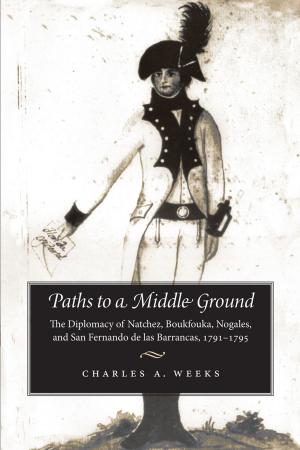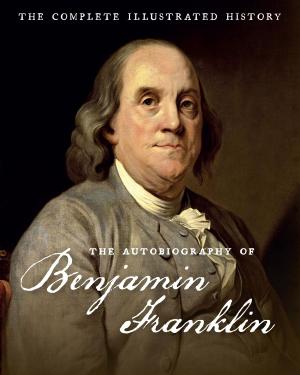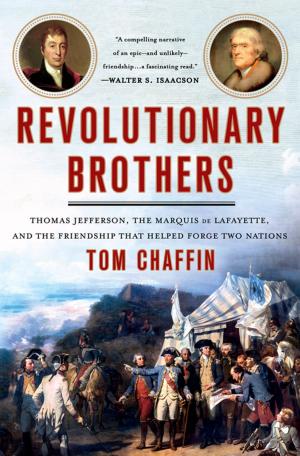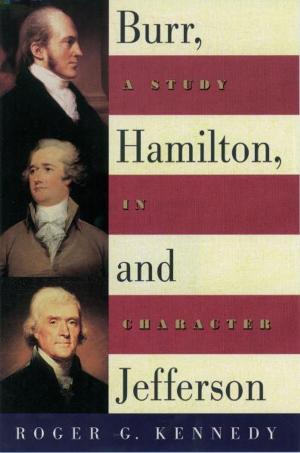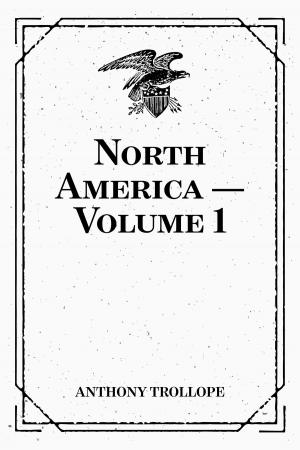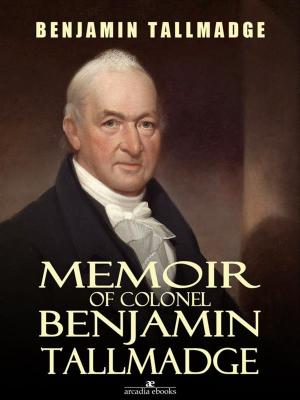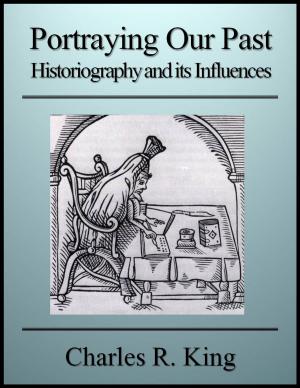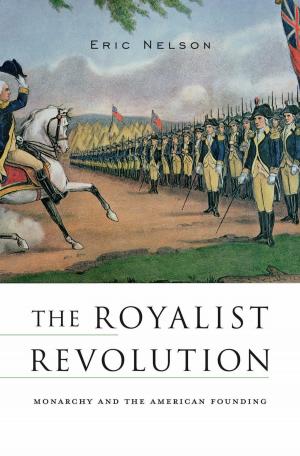The Art of War
The American War of Independence
Nonfiction, History, Americas, United States, Colonial Period (1600-1775), Revolutionary Period (1775-1800)| Author: | Jean-Christophe Malevil | ISBN: | 9782372240871 |
| Publisher: | Editions des Tourments | Publication: | February 24, 2017 |
| Imprint: | Editions des Tourments | Language: | English |
| Author: | Jean-Christophe Malevil |
| ISBN: | 9782372240871 |
| Publisher: | Editions des Tourments |
| Publication: | February 24, 2017 |
| Imprint: | Editions des Tourments |
| Language: | English |
**The American colonists had a very special relationship with England since many of them originated from this country. **
As the days were passing by, the colonists enjoyed a “salutary neglect.” They were far from the English monarch who enjoyed in turn the bounties of his colonies. The trade on which the colonists and the king relied was of benefit to all of them. Not only did they feel free but also they were loyal to their English king. By the mid 1760’s, the understanding between the American colonies and the mother country was crumbling. The harmony which had existed turned into discord when the English Parliament decided to tax the American colonies because of the high cost of the French and Indian War (1754-1763), and thus all the colonies were thrown into turmoil. The more the colonists rose up against Britain, the more troops the British sent to enforce the laws. From skirmishes to attempts to settle matters, the relations between the two countries were so strained that they could break up at any time.
The war the Continental Congress intended to wage would require money, men and the experience of soldiers skilled in the art form of warfare such as it was waged in the 18th century. The American resistance to power got organized with great difficulty but how could the American colonists hope to defeat the English in the art of war?
Get a deeper understanding of the American war of Independence thanks to this essay.
EXCERPT
A major problem for the American colonists was that one third of the people remained loyal to the crown and another third did not know what to think about the war. The various colonies which rejected the authority of a king did not completely want to rely on the sole authority of a Continental Congress. The only force in the colonies was that of the militias but they were not trained for pitched battles even if they excelled in guerrilla warfare. The Continental Congress realized that relying only on guerrilla warfare would not allow the American colonists to take well populated cities and ports occupied by the British army. In order to win the American War of Independence, they had to demonstrate their ability to fight European types of battles. Then, they would be able to rely on foreign support.
ABOUT THE AUTHOR
The author: at the master's level, Jean-Christophe Malevil chose to write his thesis about the American War of Independence; in seeing Roland Emmerich's The Patriot in 2000. He knew he would work on the art of war and to illustrate his work, he of course decided to rely on this movie. This book is the result of the findings of his investigations about war in the 18th century.
**The American colonists had a very special relationship with England since many of them originated from this country. **
As the days were passing by, the colonists enjoyed a “salutary neglect.” They were far from the English monarch who enjoyed in turn the bounties of his colonies. The trade on which the colonists and the king relied was of benefit to all of them. Not only did they feel free but also they were loyal to their English king. By the mid 1760’s, the understanding between the American colonies and the mother country was crumbling. The harmony which had existed turned into discord when the English Parliament decided to tax the American colonies because of the high cost of the French and Indian War (1754-1763), and thus all the colonies were thrown into turmoil. The more the colonists rose up against Britain, the more troops the British sent to enforce the laws. From skirmishes to attempts to settle matters, the relations between the two countries were so strained that they could break up at any time.
The war the Continental Congress intended to wage would require money, men and the experience of soldiers skilled in the art form of warfare such as it was waged in the 18th century. The American resistance to power got organized with great difficulty but how could the American colonists hope to defeat the English in the art of war?
Get a deeper understanding of the American war of Independence thanks to this essay.
EXCERPT
A major problem for the American colonists was that one third of the people remained loyal to the crown and another third did not know what to think about the war. The various colonies which rejected the authority of a king did not completely want to rely on the sole authority of a Continental Congress. The only force in the colonies was that of the militias but they were not trained for pitched battles even if they excelled in guerrilla warfare. The Continental Congress realized that relying only on guerrilla warfare would not allow the American colonists to take well populated cities and ports occupied by the British army. In order to win the American War of Independence, they had to demonstrate their ability to fight European types of battles. Then, they would be able to rely on foreign support.
ABOUT THE AUTHOR
The author: at the master's level, Jean-Christophe Malevil chose to write his thesis about the American War of Independence; in seeing Roland Emmerich's The Patriot in 2000. He knew he would work on the art of war and to illustrate his work, he of course decided to rely on this movie. This book is the result of the findings of his investigations about war in the 18th century.

